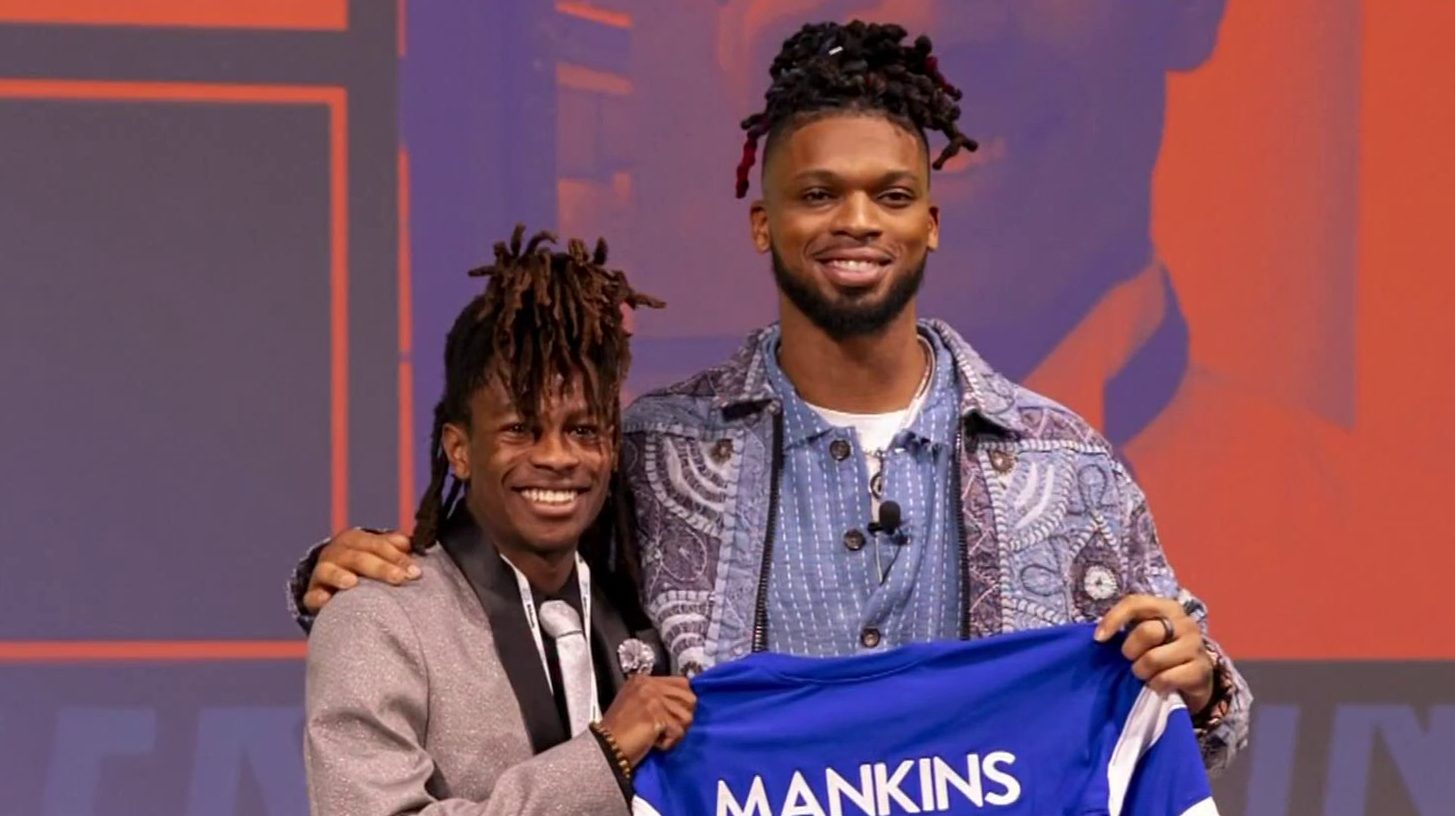American Airlines is buying at least 460 new planes over the next five years from Airbus and Boeing in a record order that breaks Boeing's exclusive grip on American's fleet.
American said Wednesday it will buy 260 planes from Airbus, 200 from rival Boeing Co., and take options to buy hundreds more. It expects the new jets to provide much-needed savings in fuel costs. American's current fleet is among the least fuel-efficient in the industry.
The deal is a major boost for Airbus, which hadn't won an order from American since the 1980s. Boeing did salvage one of its biggest sales ever -- a huge consolation considering that it was in danger of losing the whole order to its European rival.
The jets carry a sticker price of more than $38 billion, although big airlines regularly get discounts and routinely play one aircraft maker off the other to get better deals.
Analysts said American's bold strike would put more pressure on other airlines with aging fleets to buy new planes too.
Gerard Arpey, the chairman and CEO or American's parent, AMR Corp., sat between the leaders of Airbus and Boeing as he discussed the unusual deal at an airport news conference. He called it "a watershed event certainly for our company and indeed for the airline industry."
American's order covers models in the Airbus A320 family, which seat from 100 to 185 or more passengers, and Boeing's workhorse 737 jet. American's current 737s have 148 or 160 seats. Both planes are twin-engine models with a single aisle in the cabin, and are used heavily on routes within the U.S.
AMR also announced that it plans to spin off regional carrier American Eagle as a separate company in another cost-cutting move.
The twin announcements overshadowed the news that AMR lost $286 million in the second quarter, as rising fuel prices wiped out an increase in revenue. The loss equaled 85 cents per share. Wall Street was expecting a loss of 77 cents, according to FactSet. Still, AMR shares rose 9 cents to $5.01 in afternoon trading.
Local
The latest news from around North Texas.
In recent weeks, the airline industry was riveted by the drama of Airbus and Boeing competing to overhaul American's fleet, which currently consists of all Boeing aircraft.
In discussions that lasted long into Tuesday night, American decided to buy 200 of the Boeing 737s, with deliveries starting in 2013. Half are expected to be equipped with updated, more fuel-efficient engines. The airline said it will take options for another 100 737s.
American also will buy 260 planes from Airbus's A320 series with deliveries starting in 2013 and take options and purchase rights for 365 more. Starting in 2017, American will get the first of 130 of a new Airbus plane called the A320neo -- for new engine option -- which is scheduled to go into service in late 2015.
Airbus claims the neo will burn 15 percent less fuel than current A320s and 30 to 35 percent less fuel than the McDonnell Douglas MD-80s that it will replace in American's fleet.
"This is just a no-brainer economic home run from day one when the airplanes show up," Arpey said.
American expects to have the youngest fleet among similar U.S. airlines within five years, although Delta Air Lines Inc. is also considering a large order to update its domestic fleet. The new planes will also have a quieter ride, better lighting, more overhead space and new entertainment systems. Arpey said that will add up to a more pleasant experience that will attract business travelers.
Aviation consultant Darryl Jenkins agrees that the new planes will boost American's image with travelers.
"This is almost American rebranding itself," he said. "Before, they were old and tired, and now they're going to be young and energetic."
American has one of the oldest fleets in the U.S. airline industry -- its more than 600 planes averages about 15 years in age. At a time when the airline is paying more than $3 for a gallon of jet fuel, one-third of the fleet consists of fuel-guzzling MD-80s.
"The plan was to replace those MD-80s over seven or eight years," said Mike Boyd, an aviation consultant who studied American's fleet for its pilots' union. "Well, American can't wait that long, not with fuel over $3 a gallon. They've got to unload those MD-80s."
The need for fuel-efficiency was evident in AMR's second-quarter results. American's fuel bill rose 33 percent -- an increase of $547 million that outstripped a $440 million increase in revenue. Fuel has overtaken labor as the airline's biggest expense.
But don't expect the fuel efficiency of the new planes to save passengers money on fares.
"The biggest thing that affects fare price is fuel price, and if fuel goes to $200 a gallon, $300 a gallon, this purchase isn't going to make a bit a difference," said Steve Cosgrove of Dynamic Travel.
Analysts expect all the other major airlines to post a profit for the quarter. United Continental Holdings Inc. and US Airways Group Inc. report earnings tomorrow. Delta reports next week.
American has used Airbus planes before, although only a few dozen of them -- it grounded the last one in 2009. When American intensified plans to overhaul the fleet a couple of years ago, Chicago-based Boeing was seen as the favorite.
Boeing has debated whether to put a new engine on the 737 or develop an entirely new plane in response to customers' request for a more fuel-efficient plane. Airbus, meanwhile, was forging ahead by taking more than 1,000 orders for the A320neo.
Airbus CEO Tom Enders called American's decision "a strong vote of confidence in our product in the important North American market." Airbus is part of European Aeronautics Defence & Space Co. Shares of EADS rose 3.6 percent to euro24.79 on in Paris. Boeing shares were up $1.89, or 2.7 percent, to $72.42.
American said it got $13 billion in financing commitments from Airbus and Boeing to help buy the new planes. But AMR already has $17.1 billion in debt, and analysts wonder about the wisdom of the company borrowing more while it's suffering huge losses.
"We understand that American's fleet (and brand) are tired," UBS analyst Kevin Crissey said in a note to clients, "but this announcement represents a ton of new capital being put into a failing business model."
NBC DFW's Chris Van Horne contributed to this report.



